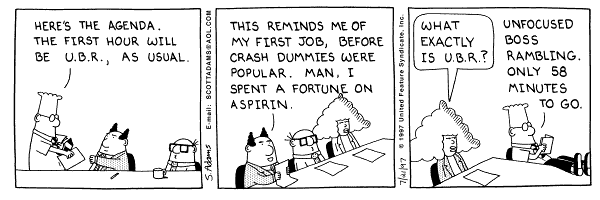Typically at social gatherings, we speak about trips we’ve made, people we’ve met, and projects we’re involved in. Rarely, we touch on genuine interesting topics like “Are we happy?” or “After all we have been through, what does victory actually feel like?”
Do you feel obliged to behave as if you are contented and fulfilled, even if you actually ask yourself: “What shall I do with my future, now that I have everything I ever dreamed of ?“

Do you spin in an endless cycle of obligations, lacking life purpose or peace. Regarding wealth, we may either driven to amass more or playing defense with what we have. Are you open to a spiritual connection, but don’t know where or how to begin. You may have few friends or mentors who will tell you the unvarnished truth. Our lives may look good on the outside, but inside we’re beginning to question: “Who am I… What is all this for?”
Discover the Power of Trust Among Peers
Small Groups are a powerful institution to reconnect with what is really important. Small Groups are monthly gatherings for people who seek transformation and renewal in their: vocation, marriage and family, sense of life purpose, friendships, spirituality and identity. A Small Group is the safe haven and sounding board that every senior executive needs – but too few actually have. Small groups meet to share challenges and concerns in an atmosphere of confidentiality and trust. Open, honest exchanges are possible by a rigorous Small Group protocol creating a powerful tool for connection and communication.
Over the past years, I have experienced great Small Group meetings that broadened my insights tremendously. As member of the YPO, our Small Group (called Forum) brought us life changing events and deeper friendships. Outside YPO, I started a monthly ‘Update’ dinner with Dutch business friends in Geneva, loosely based on Small Group/Forum protocol. It amazes me each time what kind of deeper discussions are possible by applying simple protocol. If above resonates with you, please feel free to contact me for more information.







